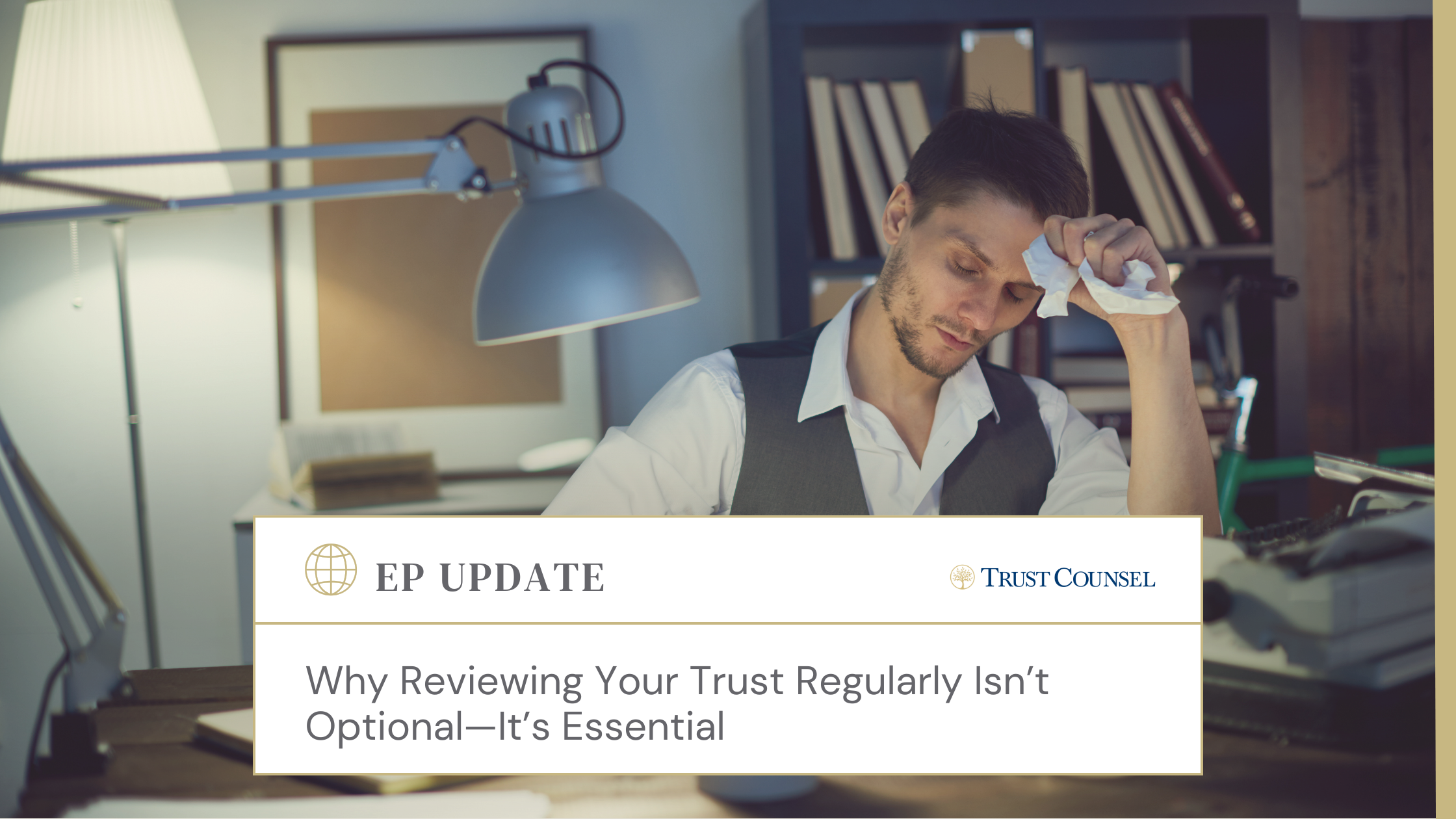 Whether you have a lakeside cabin in Maine, or a ski house in Colorado, owning a vacation or second home can be a wonderful thing. It also could earn you some extra money if you rent it when you’re not there… but if you’re not careful, it also could cause you some tax troubles.
Whether you have a lakeside cabin in Maine, or a ski house in Colorado, owning a vacation or second home can be a wonderful thing. It also could earn you some extra money if you rent it when you’re not there… but if you’re not careful, it also could cause you some tax troubles.
Basically, the amount of time you personally spend at your second home determines how much tax you might owe on rent, as well as deductions you can claim against the property.
There are three basic second-home tax situations:
- You rent the property to others most of the year.
- You rent the property to others for a very short time.
- You use the property yourself and rent it when you’re not there.
Here are the tax implications of different these scenarios:
Scenario Number 1: Second home is full-time rental
You used to enjoy spending all your free time at your beach house, but now that the kids are grown and gone, you and your spouse have found other ways to vacation. So you’ve decided to lease out the vacation home more than you use it. This is my mom’s situation.
Of course, since taxes are involved, you must meet some specific requirements to take tax advantage of your rental vacation property. If you limit your personal use of your second home to 14 or fewer days, or 10 percent of the time it’s rented, you’ve essentially turned your second home into an investment.
That rental income is taxable, but you also can deduct many costs associated with your rented second home. The Internal Revenue Service says the most common rental expenses are:
-
- Advertising.
- Auto and travel expenses.
- Cleaning and maintenance.
- Commissions.
- Depreciation.
- Insurance.
- Interest.
- Legal and other professional fees.
- Local transportation expenses.
- Management fees.
- Mortgage interest.
- Points.
- Property management fees.
- Rental payments.
- Repairs.
- Taxes.
- Utilities.
When your deductible rental expenses exceed your rental income, you could wipe out any possible taxable income and even record losses that could help additionally at tax time.
Your rental losses, however, could be limited. Without getting too technical, the IRS usually considers rental real estate as a “passive activity”; that is, you get income mainly for the use of property rather than for services provided. And the tax code’s passive activity rules mean that generally you can only use passive losses to offset passive income, not ordinary income such as wages. Any excess passive losses are carried forward to the next tax year.
There is one way to get around passive activity rules. If you are an “active” participant in your rental vacation home up to $25,000 of the home’s expenses beyond the rental income could be deductible. There are income restrictions and a phaseout of this amount. If you make more than $100,000 ($50,000 if married filing separately), your deductible allowance is limited.
The next logical question you may be asking is: What constitutes active participation? You’re deemed to have materially participated in a rental property if you (or your spouse) were involved in its operations on a regular, continuous and substantial basis during the tax year. This includes such things as personally maintaining the property and lining up renters.
Scenario Number 2: Short-term rental advantages
When you or your family spend time at your second-home retreat as well as rent it for part of the year, the tax rules change. But exactly how much depends on the precise breakdown of the days you and renters are in the house. The best tax deal is for short-term rentals. These are situations where your property is rented for 14 or fewer days. Money received for two-week-or-less rentals is tax-free.
This is a scenario my friend Isabel falls in – her large 2 bedroom apartment is conveniently located on Washington and 7th Street on South Beach. This issue usually comes up every time there is a special event. Residents head out of town to avoid the increased congestion caused by special events such as the Super Bowl or music festivals, lease their homes to visitors coming in for the festivities, and pocket the payments without any worry about reporting the income.
It doesn’t matter if you got $20,000 for the week those football fans leased your condo near the stadium. The IRS isn’t entitled to a cent. Even better, this short-term rental income tax break isn’t limited to second homes. If you rent your primary residence for two weeks or less, that income doesn’t have to be reported on your tax return.
Scenario Number 3: Hybrid home tax calculations
Tax rules are a bit trickier when you use your vacation home yourself for more than two weeks and also rent it out for a substantial part of the year. As with everything tax related, meticulous record keeping is key.
To reduce taxes on any rent you collect, you’ll want to deduct eligible expenses. But because the home has shared personal and rental use, you must allocate the costs. But you can’t claim rental losses in this situation — only zero out your rental income. As always: Contact your CPA.





